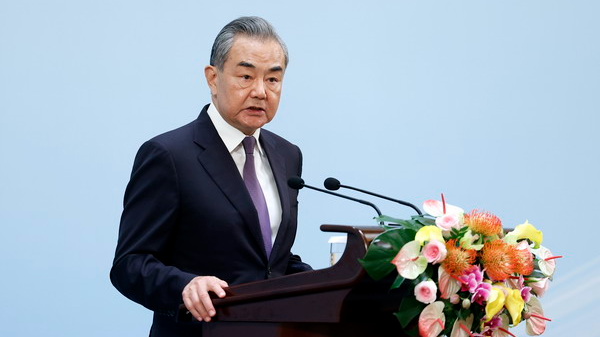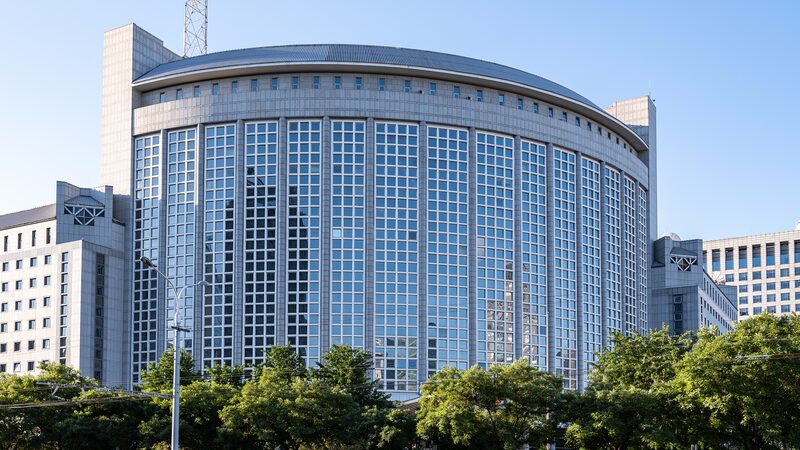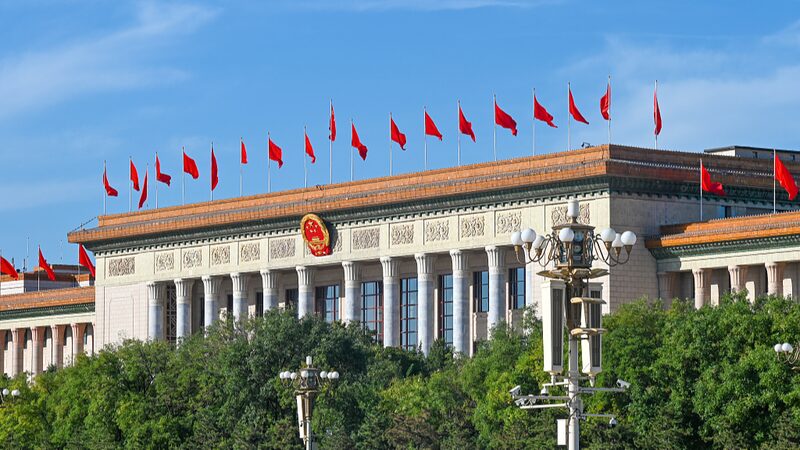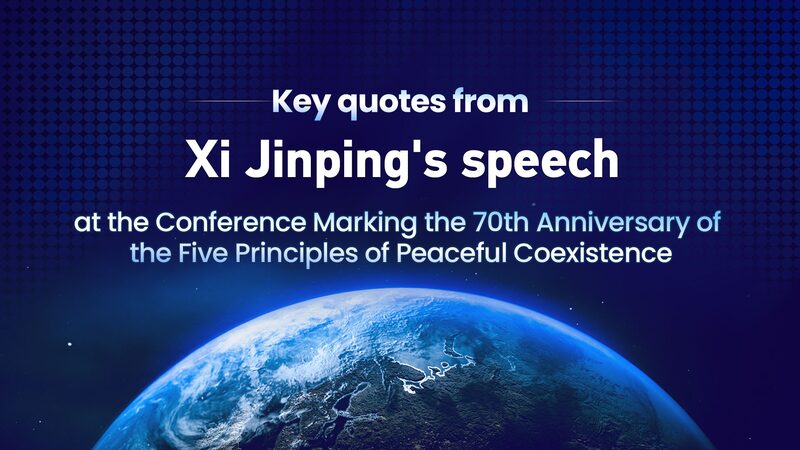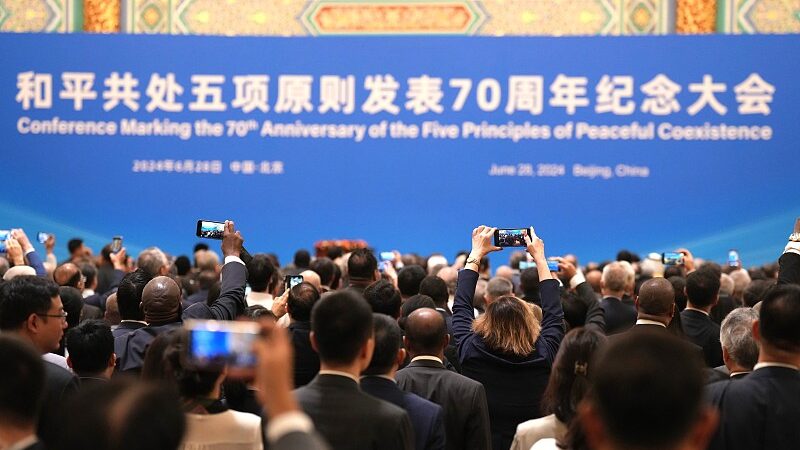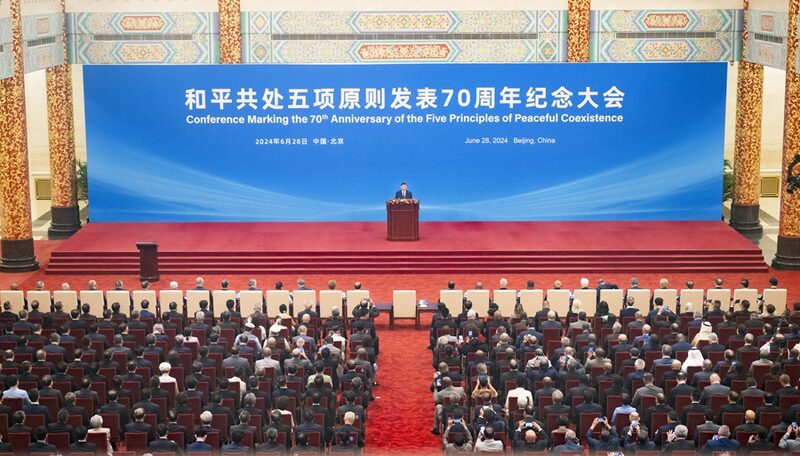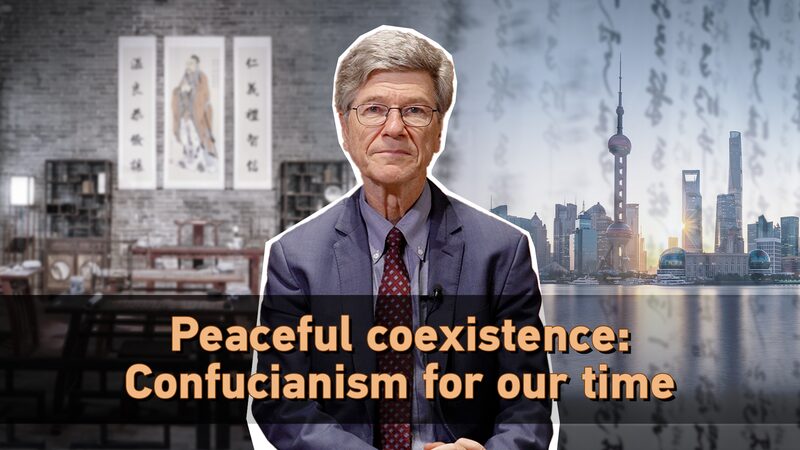Seventy years ago, the Chinese mainland introduced the Five Principles of Peaceful Coexistence: mutual respect for sovereignty and territorial integrity, mutual non-aggression, mutual non-interference in each other’s internal affairs, equality and mutual benefit, and peaceful coexistence. These principles were envisioned to forge a new kind of international relations and contribute to a better world in a new era.
First proposed by then-Chinese Premier Zhou Enlai on December 31, 1953, during a meeting with an Indian government delegation, the Five Principles laid the foundation for a diplomatic approach centered on mutual respect and cooperation. In June 1954, Premier Zhou visited India and Burma (now Myanmar), where joint statements affirmed these principles as guiding norms in their bilateral relations. This marked the formal introduction of the Five Principles of Peaceful Coexistence as standards for handling international relations.
At the 1955 Asian-African Conference in Bandung, Indonesia, the Ten Principles of Bandung were adopted to guide state-to-state relations, incorporating the Five Principles. This solidified their acceptance among developing countries striving for a fairer international political and economic order, amplifying their global impact.
In 1970, the United Nations General Assembly adopted the “Declaration on Principles of International Law concerning Friendly Relations and Co-operation among States in accordance with the Charter of the United Nations.” This declaration embraced the essence of the Five Principles, reaffirming their wide acceptance by the international community.
Contributing to Global Peace
Over the past seven decades, the Five Principles of Peaceful Coexistence have been widely accepted and recognized worldwide, becoming an essential norm governing contemporary international relations.
“The Five Principles of Peaceful Coexistence are universal principles that we can share with numerous countries globally. They express positive perceptions on international relations, especially with the first one, mutual respect for sovereignty and territorial integrity,” said Indriana Kartini, a researcher from Indonesia’s National Research and Innovation Agency (BRIN), in an interview with Xinhua.
“If all countries embrace the Five Principles of Peaceful Coexistence, I think it will contribute to maintaining regional stability and world peace,” she noted.
As of early 2024, 183 countries have established diplomatic relations with China, reflecting the inclusion of the Five Principles in almost all communiques on establishing diplomatic relations or bilateral treaties.
“The concept of building a community with a shared future for mankind is an inheritance of the Five Principles of Peaceful Coexistence, which is also the enrichment and development of these principles,” Wang Yiwei, professor at the School of International Studies at Renmin University of China, told CGTN.
To commemorate this significant milestone, China will hold a conference marking the 70th anniversary of the Five Principles of Peaceful Coexistence on Friday in Beijing, according to Chinese Foreign Ministry spokesperson Mao Ning.
The commemorative events will include a conference, a luncheon, and parallel forums. President Xi Jinping will attend the conference and deliver a speech, with Premier Li Qiang presiding over the proceedings, the spokesperson said.
Reference(s):
70 years on, Five Principles of Peaceful Coexistence stand stronger
cgtn.com


